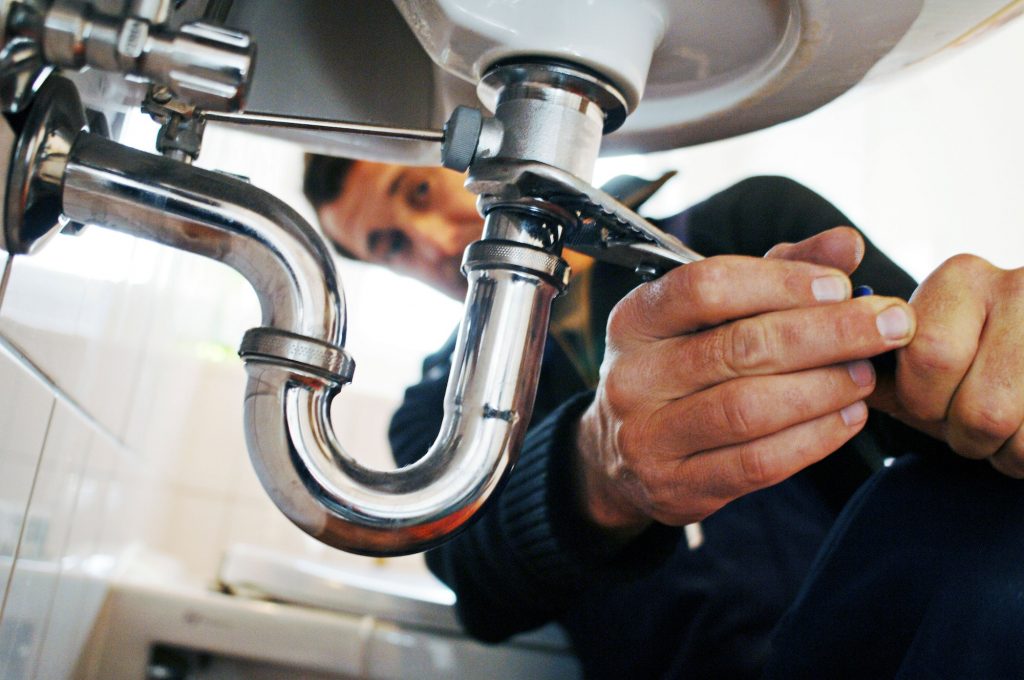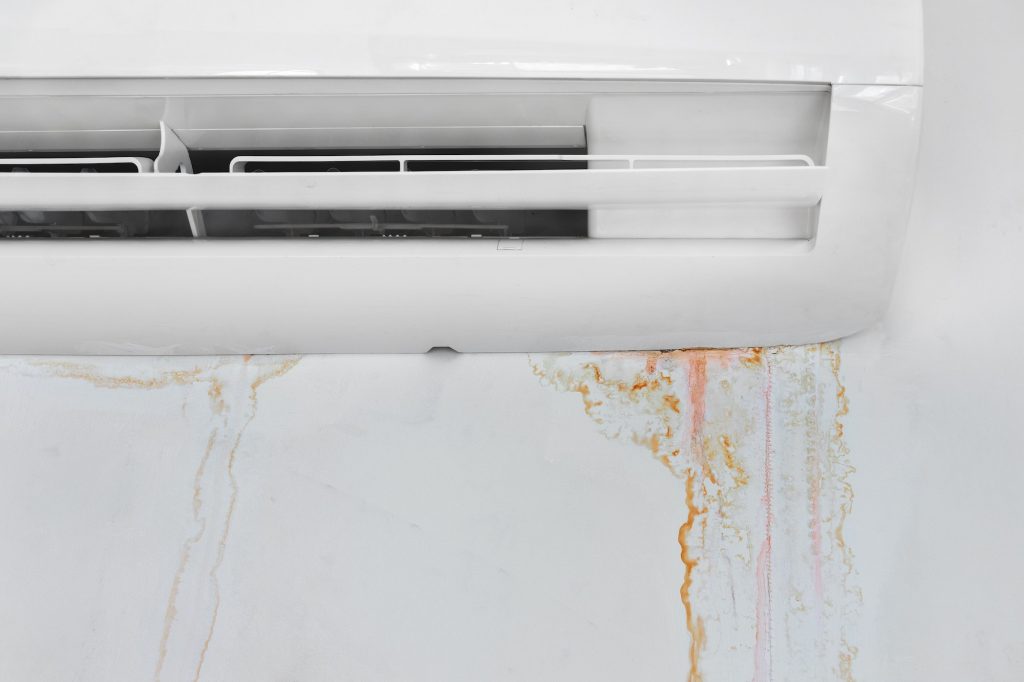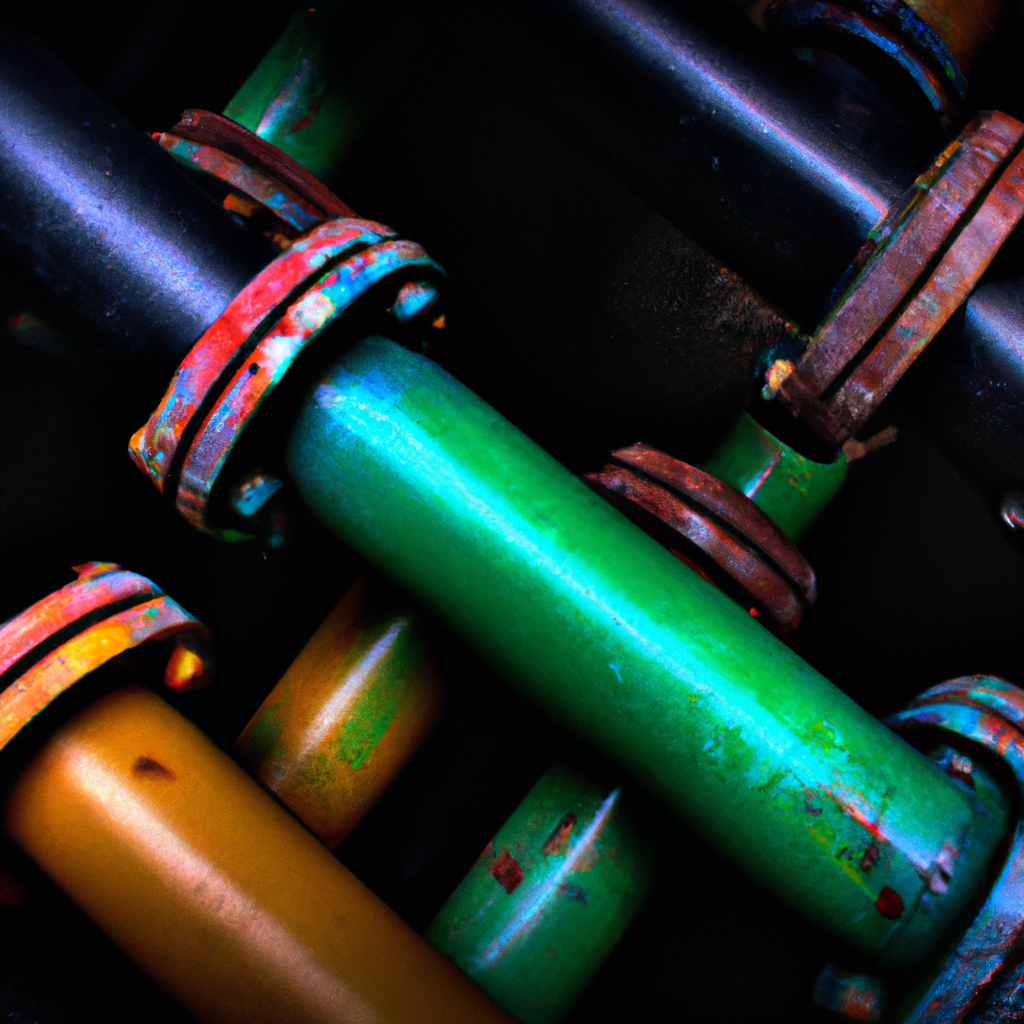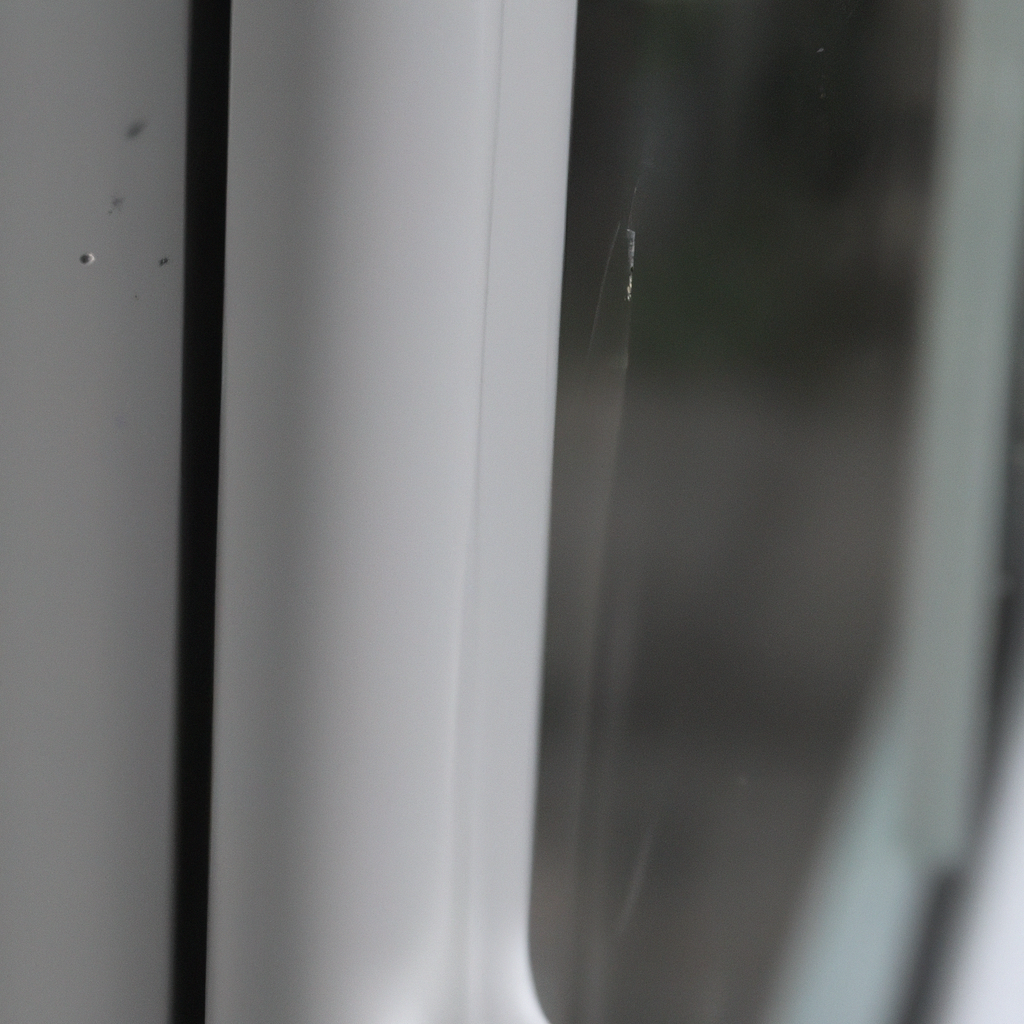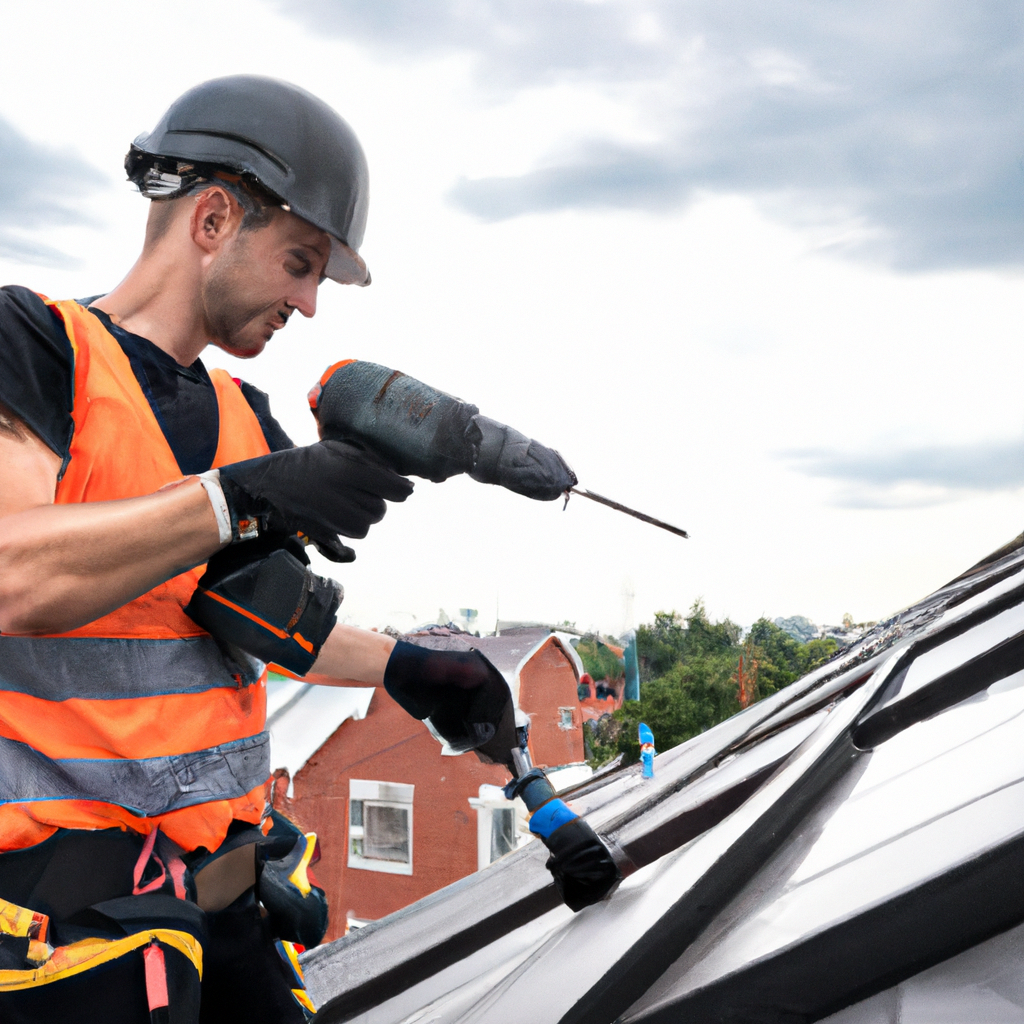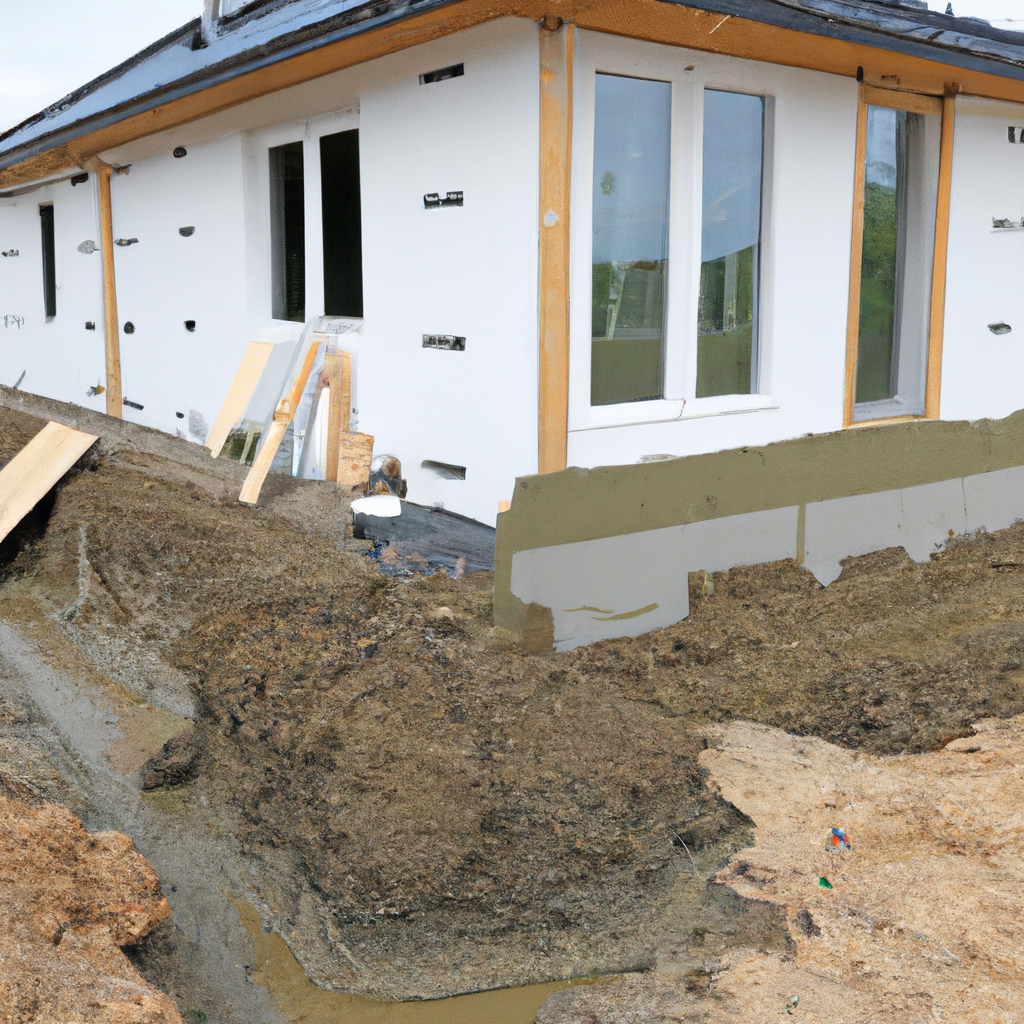Dealing with a water heater leak can be a frustrating and costly experience. Not only does it waste water and increase your utility bills, but it can also cause damage to your property if left unattended. In this comprehensive guide, we will explore the common causes of water heater leaks and provide you with practical solutions to fix them without breaking the bank. By following these steps, you can prevent further damage, save money, and ensure the longevity of your water heater.
Understanding Water Heater Leaks
Before we dive into the solutions, it’s important to understand the different types of water heater leaks. This knowledge will help you identify the root cause of the problem and determine the most appropriate course of action.
1. Temperature and Pressure Relief Valve (TPR Valve) Leak
One of the most common causes of a water heater leak is a faulty Temperature and Pressure Relief Valve (TPR valve). This valve is designed to release excess pressure and prevent the tank from exploding. If the TPR valve is leaking, it could be due to high pressure, a faulty valve, or a buildup of sediment.
To fix this issue, start by checking the pressure of your water heater. Use a pressure gauge to ensure it is within the recommended range. If the pressure is too high, you may need to install an expansion tank to regulate it. If the TPR valve itself is faulty, it will need to be replaced. Remember to turn off the power and water supply to the heater before attempting any repairs.
2. Leaking Drain Valve
Another common culprit of water heater leaks is a leaking drain valve. The drain valve is located at the bottom of the tank and is used to flush out sediment and debris. Over time, the valve may become loose or develop a leak.
To fix this issue, turn off the power and water supply to the water heater. Attach a hose to the drain valve and place the other end in a bucket or drain. Open the valve to drain the tank completely. Once drained, use a wrench to tighten the drain valve or replace it if necessary. Be sure to check for any signs of corrosion or damage on the valve.
3. Leaking Tank
A leaking tank is a more serious issue and often indicates a need for a replacement water heater. Over time, the tank can develop cracks or rust, leading to leaks. If you notice water pooling around the base of your water heater or see signs of corrosion on the tank, it’s likely that the tank itself is the culprit.
Unfortunately, there is no quick fix for a leaking tank. The best course of action is to replace the water heater entirely. Consult with a professional plumber to assess the extent of the damage and recommend a suitable replacement option for your needs.
Preventive Measures to Avoid Water Heater Leaks
While it’s important to know how to fix water heater leaks, preventing them in the first place is even better. By following these preventive measures, you can significantly reduce the chances of encountering a leaky water heater.
1. Regular Maintenance
Regular maintenance is key to keeping your water heater in optimal condition. Schedule an annual inspection with a professional plumber to check for any signs of wear and tear. They will assess the pressure, temperature, valves, and overall performance of your water heater. Additionally, flushing the tank periodically to remove sediment buildup can help prevent leaks.
2. Install a Water Softener
Hard water can lead to mineral buildup and corrosion inside the water heater, increasing the risk of leaks. Installing a water softener can help reduce the mineral content in your water, prolonging the lifespan of your water heater and minimizing the chances of leaks.
3. Maintain Proper Pressure
Excess pressure can put strain on the water heater, leading to leaks. Use a pressure gauge to monitor the pressure levels regularly. If the pressure exceeds the recommended range, consider installing a pressure regulator or expansion tank to keep it in check.
4. Insulate the Tank and Pipes
Insulating your water heater tank and pipes can help prevent heat loss and reduce the workload on the unit. This can extend the lifespan of your water heater and minimize the risk of leaks. Use insulating blankets or foam sleeves to cover the tank and insulate exposed pipes.
Conclusion
Water heater leaks can be a nuisance, but they can be resolved without breaking the bank. By understanding the common causes of leaks and following the appropriate solutions, you can tackle the issue effectively. Remember to perform regular maintenance, monitor pressure levels, and take preventive measures to avoid future leaks. If you encounter a more serious leak, consult with a professional plumber to assess the situation and recommend the best course of action. With proper care and attention, you can enjoy a leak-free water heater for years to come.

